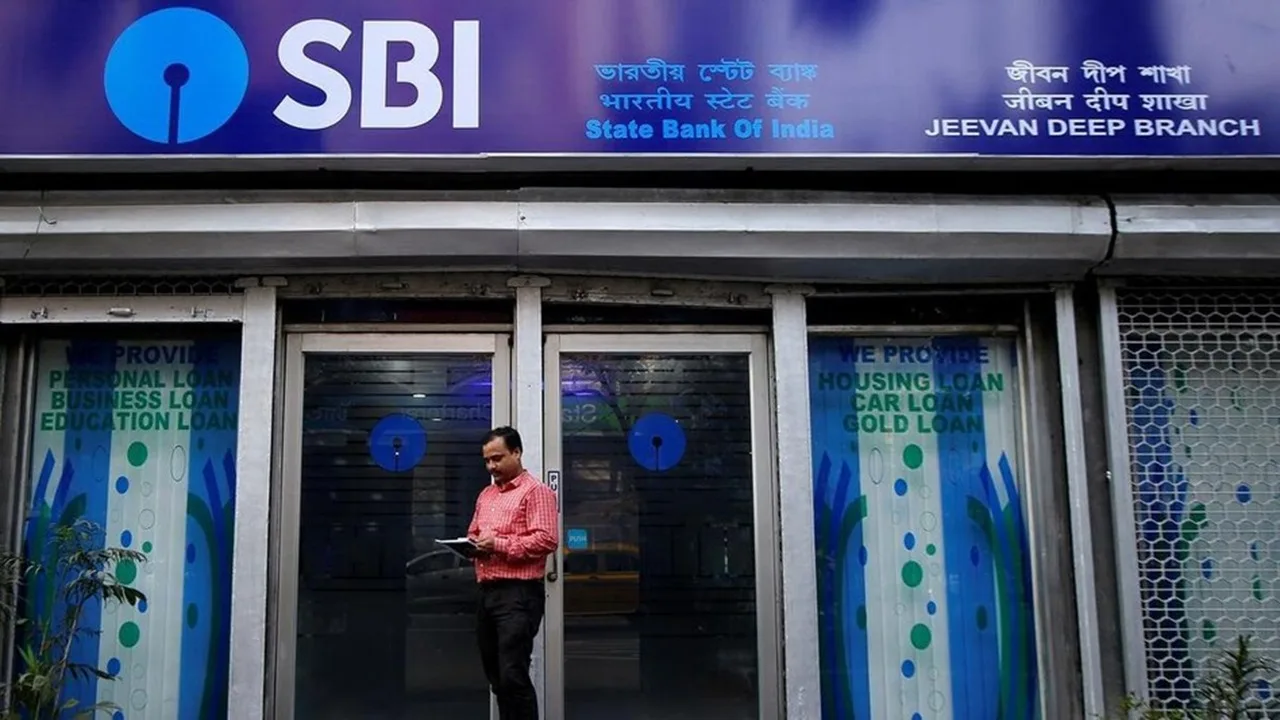Reserve Bank of India (RBI), State Bank of India (SBI), HDFC Bank and ICICI Bank have been re-included in the list of domestic systemically important banks (D-SIBs). The list of D-SIBs was released by the RBI recently.
The State Bank of India (SBI) remains in ‘Bucket 4’, for which the country’s largest lender will have to have an additional CET-1 of 0.80 percent. HDFC Bank, the largest private sector lender, has been placed in ‘Bucket 2’, under which it will have to maintain a higher CET-1 by 0.40 percent. The higher D-SIB surcharge for SBI and HDFC Bank will be applicable from April 1, 2025, the central bank said. “Therefore, the D-SIB surcharge applicable to SBI and HDFC Bank till March 31, 2025, shall be 0.60 per cent and 0.20 per cent, respectively.”
ICICI Bank has been categorised in ‘Bucket 1’, wherein the second-largest private sector lender will have to maintain an additional 0.20 per cent in CET 1 reserves. The classification is based on data collected from banks as on March 31, 2024, the RBI said. The central bank had first announced a framework to deal with D-SIBs in 2014. SBI and ICICI Bank were included in this list in 2015 and 2016. HDFC Bank was also included in the list along with the other two banks in 2017.
HDFC Bank, the largest private sector lender, has been placed in ‘Bucket 2’, under which it will have to maintain CET 1 by 0.40 percent. The central bank has said that the high D-SIB surcharge for SBI and HDFC Bank will be applicable from April 1, 2025. Therefore, the D-SIB surcharge applicable to SBI and HDFC Bank as on 31st March 2025 shall be 0.60 per cent and 0.20 per cent, respectively.
The central bank had first announced a framework to deal with D-SIBs in 2014. SBI and ICICI Bank were included in this list in 2015 and 2016. HDFC Bank was also included in the list along with the other two banks in 2017. The Reserve Bank of India is the central bank of the country, whose job is also to pay attention to all other banks. The functioning of the Reserve Bank is governed by the Central Board of Directors. According to the Reserve of India Act, this board is appointed by the Government of India. This appointment is for four years.
